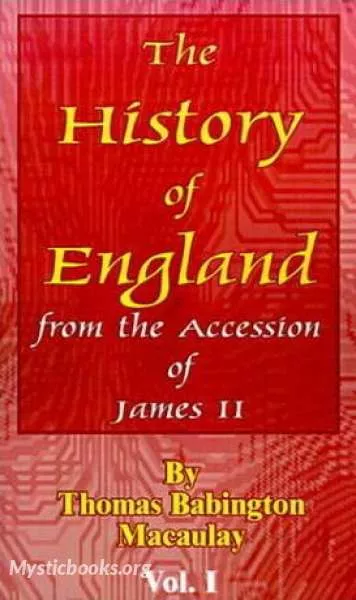
The History of England, from the Accession of James II - (Volume 1, Chapter 04)
'The History of England, from the Accession of James II - (Volume 1, Chapter 04)' Summary
Macaulay's approach to writing the History was innovative for his period. He consciously fused the picturesque, dramatic style of classical historians such as Thucydides and Tacitus with the learned and factual approach of his 18th-century precursors such as Hume, following the plan laid out in his own 1828 "Essay on History".
The History is famous for its brilliant ringing prose and for its confident, sometimes dogmatic, emphasis on a progressive model of British history. According to this view, England threw off superstition, autocracy and confusion to create a balanced constitution and a forward-looking culture combined with freedom of belief and expression. This model of human progress has been called the Whig interpretation of history.
Book Details
Language
EnglishOriginal Language
EnglishPublished In
1848Authors
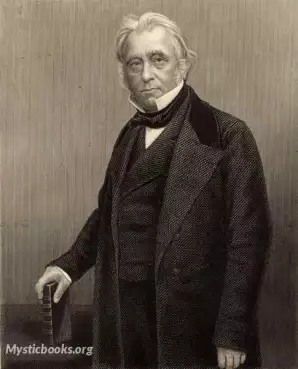
Thomas Babington Macaulay
England
Thomas Babington Macaulay, 1st Baron Macaulay was a British historian and Whig politician. He is considered primarily responsible for introducing the Western education system in India. He wrote extens...
Books by Thomas Babington MacaulayDownload eBooks
Listen/Download Audiobook
- Select Speed
Related books
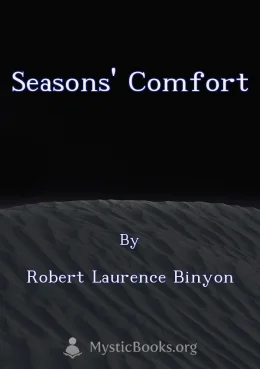
Seasons' Comfort by Robert Laurence Binyon
'Seasons' Comfort by Robert Laurence Binyon is a collection of essays and reflections on the passing of time and the cyclical nature of life. Binyon,...
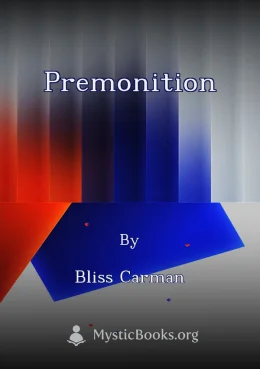
Premonition by Bliss Carman
Premonition is a collection of poems by Bliss Carman, a Canadian poet known for his lyrical and evocative style. The poems explore themes of nature, l...
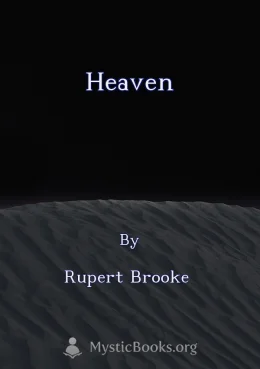
Heaven by Rupert Brooke
LibriVox volunteers bring you 8 recordings of Heaven by Rupert Brooke. This was the weekly poetry project for the week of August 16th, 2008.

Rimas de dentro by Miguel de Unamuno
“Rimas de dentro” es una colección de poemas de Miguel de Unamuno, uno de los escritores más importantes de la literatura española. Los poemas abarcan...

All Things Are Possible by Lev Shestov
Lev Shestov's *All Things Are Possible* explores the nature of faith and doubt in the face of an indifferent universe. He challenges traditional phil...
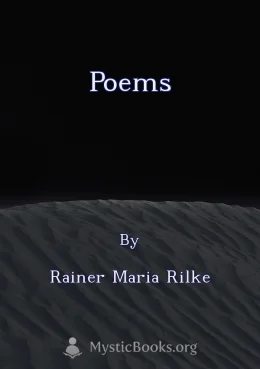
Poems by Rainer Maria Rilke
This compilation offers a selection of poems by Rainer Maria Rilke, translated into formal English verse. It aims to introduce readers to the poet's w...
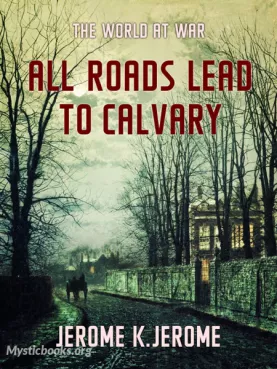
All Roads Lead to Calvary by Jerome K. Jerome
It is an intriguing and captivating novel that takes readers on a journey through the tumultuous events of World War I. Written by Jerome K. This book...
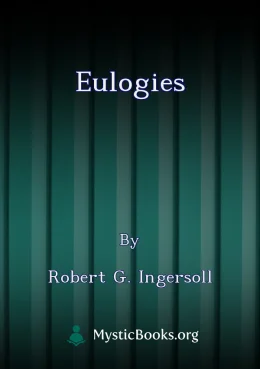
Eulogies by Robert G. Ingersoll
This collection of eulogies by Robert G. Ingersoll, known as 'The Great Agnostic,' is a profound exploration of life, death, and memory. It provides...
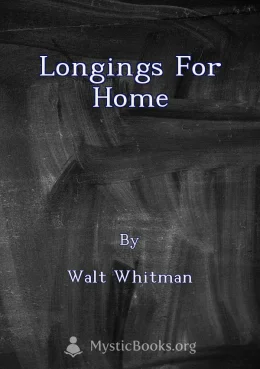
Longings for Home by Walt Whitman
“Longings for Home” is a collection of essays by Walt Whitman, exploring themes of home, longing, and nostalgia. It delves into the complexities of hu...
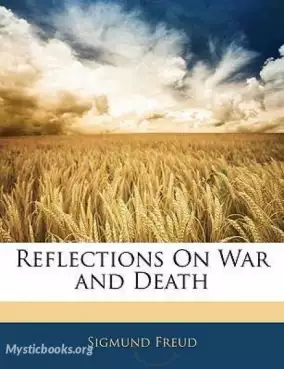
Reflections on War and Death by Sigmund Freud
Anyone, as Freud tells us in Reflections on War and Death, forced to react against his own impulses may be described as a hypocrite, whether he is con...
Reviews for The History of England, from the Accession of James II - (Volume 1, Chapter 04)
No reviews posted or approved, yet...